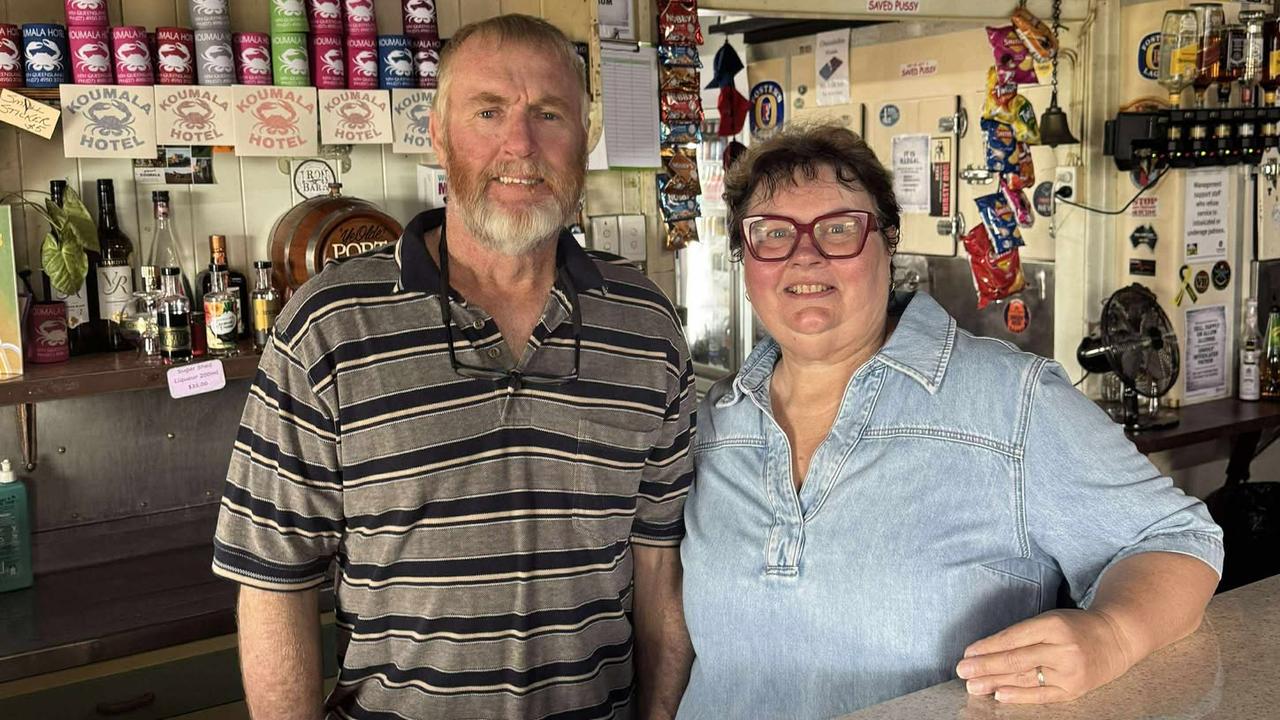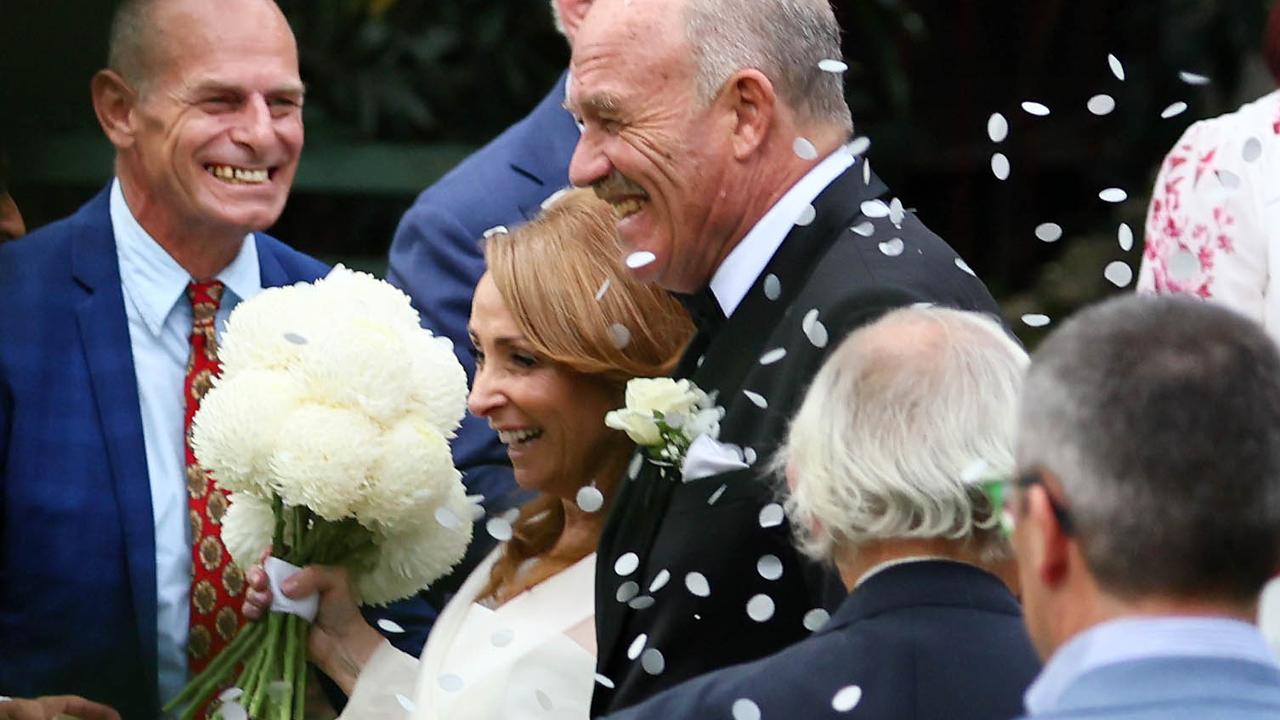Groom candidates’ response to domestic, family violence crisis and reveal their policies to tackle the issue
In the wake of the death of two Toowoomba women, who were allegedly killed at the hands of their partners, we asked our candidates in the 2025 election if they were concerned about the rising rates of domestic violence and what they planned to do about it.

Regional News
Don't miss out on the headlines from Regional News. Followed categories will be added to My News.
The national domestic and family violence crisis has gripped the Groom community with two women allegedly killed at the hands of their partners less than a year apart from each other.
Our local courts have allocated specific courtrooms dedicated to dealing with the increasing number of DFV cases.
For many voters, tackling the rising levels of violence is a critical issue heading into the election.
In Australia this April alone, three women were suspected to have been murdered by their partners.
As Saturday’s election draws closer, see how each Groom candidates plan to address the general issue of domestic and family violence in the region and across the nation:
Suzie Holt – independent
Ms Holt said she went into this year’s election with domestic and family violence prevention as one of her top three priorities.
“Unless we actually make it a national issue, we will never address it,” she said.
“I do think that it is one of the largest violent crimes in our region. I think it’s at the crux of a lot of issues that we’re seeing around youth crime.”
Ms Holt outlined multiple strategies to tackle growing violence in our region.
“I have put a call out to look at national domestic violence bail laws, I think that would be one thing that we could do,” she said.
“At a local level I have said that we need to increase frontline services, crisis housing and early intervention programs.
“Definitely investment in schools, I’m a big supporter of social workers and psychologists being attached to schools.
“(Perpetrator) education is really important; to do that, we need to have effective mental health services, which we’re really lacking in our region.”
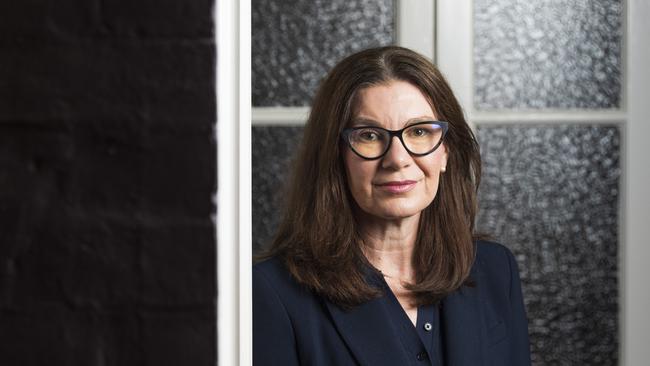
Ms Holt also highlighted how fixing gaps in the current legal system could benefit victim-survivors and prevent repeated offending.
“I’m particularly committed to getting specialised gender violence courts with trauma-informed judges and 24/7 emergency protection access,” she said.
“We can look at training or growing our own (regional) workforce in the legal system so that people in regional areas can actually be trained locally, stay local.”
Within the region, Ms Holt also raised the potential to purchase property as a means to increase crisis housing and services.
“Locally, there’s a hotel for sale for $11m, potentially the opportunities to deliver services around what we are talking about are perfectly placed – it would be an exciting thing that we could look at delivering.”
Her top priority, however, remained securing funding for grassroots and frontline services in the region.
“We need to make sure money is coming into the regions because that’s where they’re needing it now,” she said.
“I think it’s timely that we have an appropriate discussion on how we fund all these services so they are not competing against each other … we actually need reliable, consistent funding that has the opportunity to be increased if required and to really have it evaluated regularly -I’m committing to that.”
Garth Hamilton – Liberal National Party
Mr Hamilton said he is deeply concerned about how often DVF occurs, noting it affected every part of Australia and said Toowoomba DFV resources like Protea Place do a lot of heavy lifting and need continued support.
“Last year, I brought Senator Kerrynne Liddle, the Shadow Minister for Child Protection and the Prevention of Family Violence, to our community, to hear first-hand the concerns of residents, service delivery partners, and stakeholders,” he said.
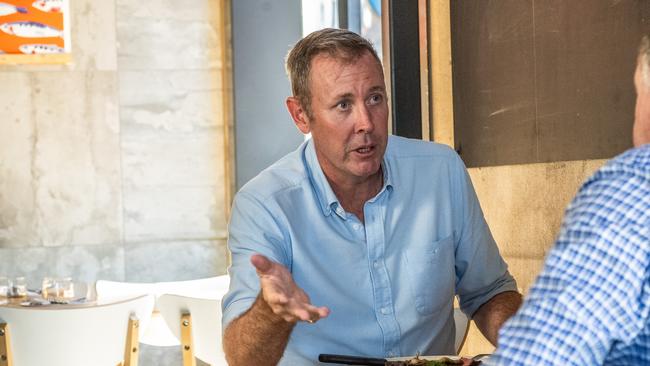
He said the safety and security of the community should always be the first responsibility of the government.
“Perpetrators should be punished, and victims protected,” he said.
“A Dutton Coalition government will commit an additional $90m to further address DFV.”
He said the investment recognised the complexities of DFV, and further action was needed to implement the National Plan to End Violence against Women and Children.
“We’ll put a renewed focus on the prevention of family and domestic violence, early intervention, and crisis response.”
When asked about particular changes he would like to see implemented, Mr Hamilton pointed to his party’s national plan to address DVF, which included a national domestic violence register that only relevant agencies can access.
The national plan also included creating more DV offences in the criminal code, such as intimidation via telecommunications, coercive control, and using spyware to track victims.
He said the Coalition also supported stronger monitoring measures for offenders, increasing early intervention programs, and helping community organisations provide domestic violence awareness training.
Mr Hamilton advised people to report DFV, urged victims to seek help, and told perpetrators to “stop it”.
Kirstie Smolenski – independent
Ms Smolenski said domestic and family violence, especially violence against women, had reached a critical point.
“Not only would I support DFV prevention, but I would actually fund the necessary measures,” she said.
“We are in the middle of a domestic and family violence epidemic.
“If this were happening due to terrorism or a virus, it would be treated as a national emergency.”
Ms Smolenski stressed the importance of prevention in changing mindsets and behaviours to protect victim-survivors.
“We need to reform the social conditions and institutions which give rise to, and promote, such violence; by the time someone ends up in a hospital or in court, we’ve already failed them,” she said.
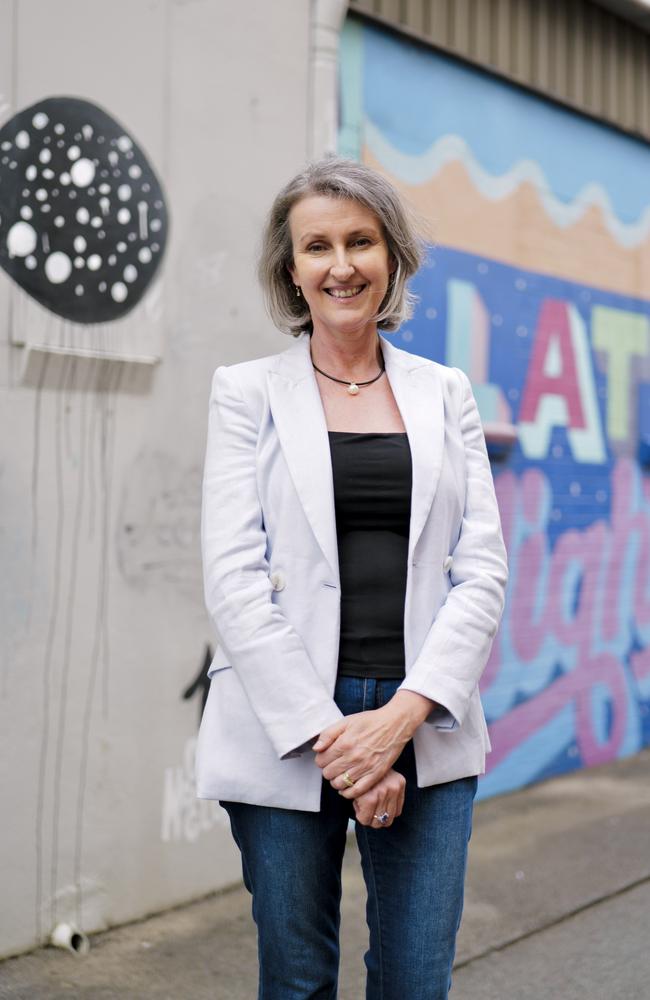
“Domestic and family violence does not discriminate - it affects women, children, and men across every community; but, let’s be honest, it’s women who have suffered the most, often in silence, and for far too long.”
She said clear action needed to be made by those in power to facilitate change in the community.
“To tackle domestic violence, a multifaceted approach is needed where we address prevention, intervention, response and recovery,” she said.
“Crisis and transitional housing must be fully funded, police and courts need trauma-informed training and clear accountability structures, legal processes must be reformed to protect survivors rather than re-traumatise them.
“These aren’t optional improvements – they’re the minimum standard we should be aiming for.”
For Ms Smolenski, changing views around women is key to ending DFV.
“My campaign is committed to expanding participant-led community initiatives which promote respectful relationships in the workplace and education system,” she said.
“We need to change the way we talk about women – because DFV doesn’t begin with violence, it begins with everyday sexism, with disrespect, with so-called ‘jokes’ that degrade women and normalise control – it escalates from words to intimidation, to abuse, to murder.
“Mistrust of women’s reports plague our community, we need to encourage more respectful reporting on violence against women in the media.
“Men and boys have an important role to play in challenging views that condone inequality and gender-based violence.”
Ms Smolenski also supported calls from DFV response service Full Stop Australia to pledge $1bn in funding for frontline services.
Richard Edwards – Australian Labor Party
Mr Edwards said DFV was a real concern for Groom as regional communities often face a higher risk and limited access to services.
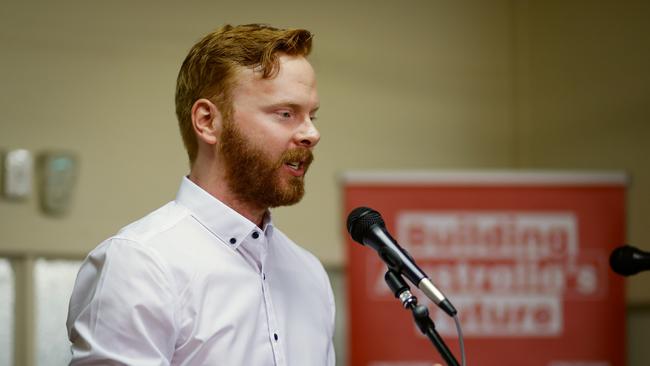
When asked about particular changes he would like to see implemented, Mr Edwards pointed to his party’s national plan.
“I strongly support the Albanese government’s national plan to end violence against women and children which backs prevention, early support, housing, and legal help,” he said.
“And I want to ensure our region benefits.
“Through delivering more crisis housing, respectful relationships education in schools, more frontline DFV workers, and stronger legal support, Labor is supporting a holistic approach to DFV prevention.”
He noted that the root of violence in this space often shared a correlation with gender inequality.
“We need to keep challenging gender inequality,” he said.
“That’s why Labor’s plan focuses on prevention, education, and building a culture of respect.”
Mr Edwards said he stands with survivors and the Albanese government’s plan to end DFV.
“DFV is not something that happens ‘behind closed doors’,” he said.
“It’s a national issue, and it affects people in every postcode.”
Alyce Nelligan – Greens
Ms Nelligan said she was unwavering in her mission to address DFV, noting DV offences in the region had increased by 152 per cent since 2019.
She noted that in April, Senator Larissa Waters held a pre-conference in Toowoomba to announce the Greens’ domestic and family violence policy.
“There is a domestic violence epidemic in our region,” she said.
“The Greens and I are focused on the prevention of DFV.”
She said many approaches were needed to address the crisis, which included immediate funding for frontline services to help house those escaping DFV, creating more housing, and education programs for police and magistrates.
“We also need to be educating young people about domestic violence,” she said.
Ms Nelligan said that although practical and monetary support are needed, the prevention of DFV starts with how “we treat each other, our families and our children”.
“We must also address as a community what safe and healthy relationships look like, provide that example to young people to the best of our ability, and call out unsafe behaviour,” she said.
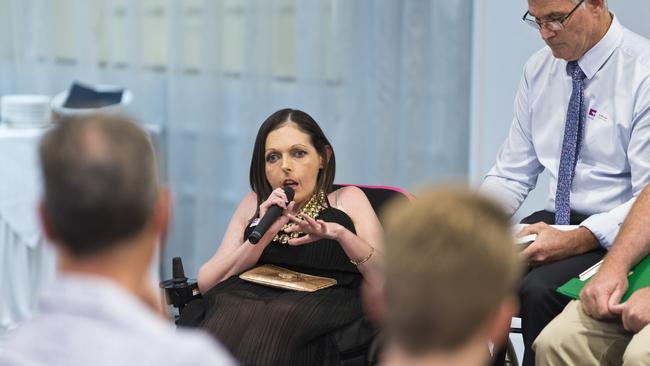
As a fierce advocate for people with disabilities, Ms Nelligan noted that disabled people, especially disabled women, experienced higher rates of domestic and family violence.
“(They) are so often not believed due to their disability,” she said.
“We must not only learn to recognise but also provide more support for disabled people experiencing violence.”
She said the Greens had a comprehensive funding plan in place to tackle DFV, which includes:
· $12bn in funding for national DFV programs over the next 12 years;
· $10m to research unmet needs in frontline support services;
· $2m to establish a national real-time toll of women killed by violence;
· $4m to commission an ongoing national prevalence study on why it’s occurring;
· $10m to establish a restorative justice pilot program;
· A $5m increase in funding for trauma-informed approaches to sexual violence for police and courts;
· An annual $250m to expand the sexual assault, family, and domestic violence program across Australia;
· $2m to commission an independent review of the program;
· $1m annually for administrative support to ease application and delivery processes;
· An annual $20m to be distributed evenly between jurisdictions to increase compensation for victim-survivors and;
· A $10,000 increase to the Escaping Violence Payment.
Rebecca Konz – One Nation
Ms Konz said she would champion domestic and family violence prevention if elected.
“I don’t believe our region experiences a higher rate of domestic and family violence than comparable areas across Australia … however, modern drivers – like a growing culture of narcissism amplified by social media — threaten to fuel further incidence if left unchecked,” she said.
Ms Konz said her approach would be multifaceted, targeting “prevention, early intervention and robust support for victims” to reduce rates of domestic and family violence across the board.
“My experience as a child safety officer and a family intervention officer has taught me that there is no single cause – and therefore no one solution – to domestic violence,” she said.
“By coupling immediate support for victims with preventive measures – financial relief for families, strengthened frontline and policing responses, fair and efficient courts, and early education – we can reduce the incidence and impact of DFV across our communities.”
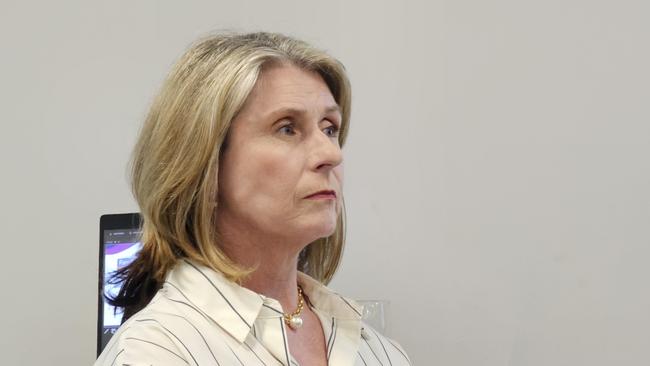
An important aspect of prevention for Ms Konz was reducing stress in the home, through emotional and economic incentives like income splitting to reduce household tax bills.
“This policy empowers one parent to reduce work hours (or remain at home) without risking financial ruin – freeing up critical time for parenting, relationship maintenance, and self‑care,” Ms Konz said.
“As financial pressures and the cost‑of‑living crisis force parents to work longer hours, the stress on families increases – and with it, the risk of domestic and family violence.
“Only by reducing the economic and emotional pressures on families – and by equipping every parent with the tools to manage stress and resolve conflict – can we drive domestic and family violence down.”
Ms Konz was in favour of funding for frontline services, specialised training for support workers, early age-appropriate education on respectful relationships and changes to the justice system.
Ms Konz hoped to mandate trauma-informed DFV police units and standardised risk assessments to “flag high‑danger cases and trigger immediate safety planning”.
She also wished to streamline the family court process and provide integrated support to victim-survivors.
Alexandra Todd – Family First

Ms Todd said restoring the “family unit” was the most important change needed to resolve the domestic and family violence crisis in Australia.
“Family First is 100 per cent opposed to domestic and family violence,” Ms Todd said.
“Domestic and family violence is a symptom of the breakdown of the family unit and of the breakdown of communities around those families.
“This breakdown is a result of a culture shift over decades, sadly domestic and family violence isn’t the only devastating symptom that our community (and nation) is feeling as a result.”
While Ms Todd believed there was no “overnight solution” she asserted any reduction in violence would not result from big government funding grants.
“Policy that supports the local family to form and grow will always be our priority,” she said.
“Family First believes that there is a spiritual aspect to that, that we as a culture have neglected.”
Ms Todd said she would promote income-splitting tax initiatives to reduce the overall tax burden on households and would champion child care subsidies for stay-at-home mums who care for the child in their home, allowing “each family to choose how to spend the funds”.
Jamie Marr – Trumpet of Patriots
Mr Marr responded to the media inquiry but did not provide any response.
More Coverage
Originally published as Groom candidates’ response to domestic, family violence crisis and reveal their policies to tackle the issue



